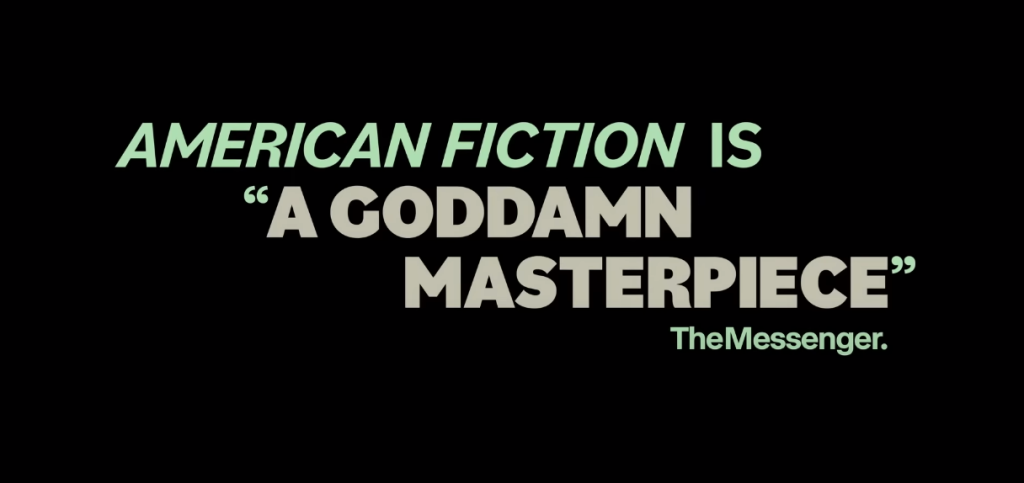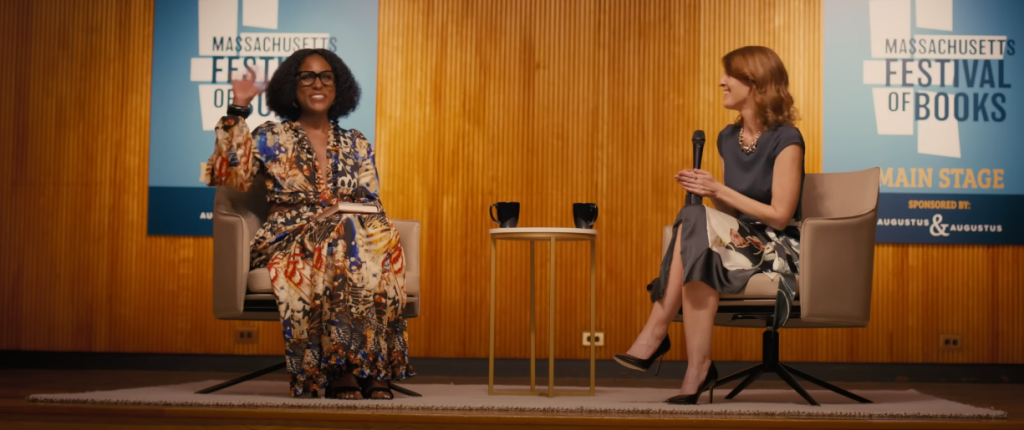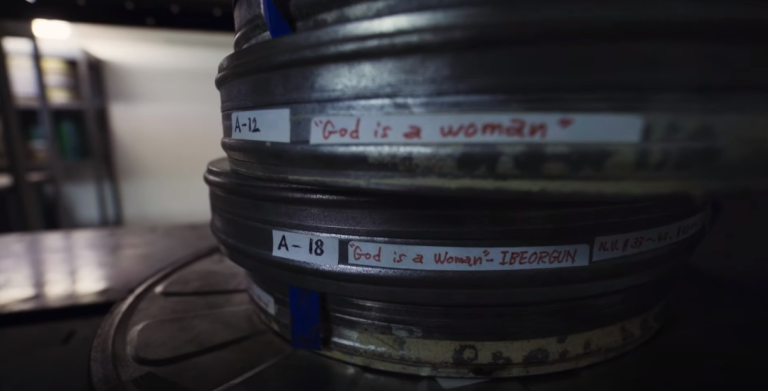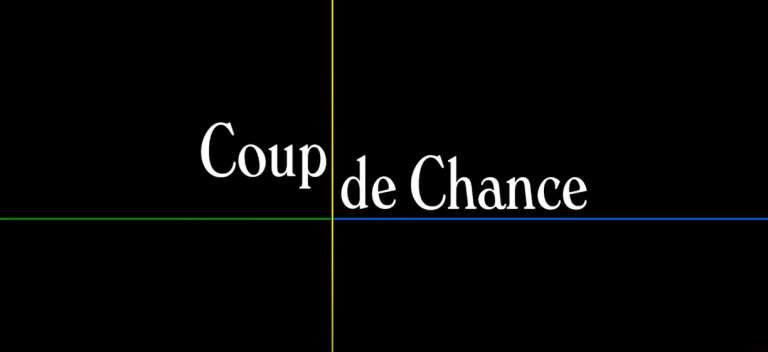

In his directorial debut, “American Fiction,” Cord Jefferson embarks on an exploration of the intricate dynamics surrounding the mass market’s fascination with narratives depicting Black experiences. Drawing inspiration from Percival Everett’s acclaimed novel, “Erasure,” the film places Jeffrey Wright at the helm, embodying the character of Thelonious ‘Monk’ Ellison.
The story revolves around Monk, a struggling author and college professor grappling with the formidable obstacles of getting his latest work published. Despite his undeniable talent, Monk finds himself repeatedly rebuffed by the publishing giant Echo, who has rejected his submissions nine times. Frustrated by the stark discrepancy in attention between his own literary endeavors and those of Sintara Golden, a fellow Black author whose focus lies on the struggles of inner-city Black women, Monk becomes increasingly disheartened.

A pivotal moment unfolds during a heated exchange among a panel of literary figures convened to determine the recipient of ‘The Literary Award.’ A white jury member’s seemingly well-intentioned advocacy for the amplification of Black voices reveals a deeper irony, as the perspectives of the two Black jurors, critical of a Black author’s work, are disregarded. This highlights the token acknowledgment of Black voices in literature, conditioned upon aligning with predetermined narratives deemed acceptable by the literary establishment.
Driven by his frustration and disillusionment, Monk adopts the pseudonym Stagg R. Leigh to craft a satirical novel titled “My Pafology.” Initially intended as a tongue-in-cheek critique of the publishing industry’s preference for certain types of Black narratives, Monk’s endeavor takes an unforeseen turn as it garners widespread acclaim and attention. What starts as a cathartic release evolves into an unexpected journey into fame and recognition, with both the publishing industry and Hollywood clamoring to elevate this supposed literary genius.

“American Fiction” delves into the complexities of cultural appropriation, the commodification of Black narratives, and the ways in which marginalized voices are often co-opted and exploited for mass consumption. It challenges the notion of authenticity in storytelling and underscores the importance of genuine representation and agency in shaping narratives reflecting the diverse realities of Black experiences.
Exploring the intricate web of identity and familial relationships, the film navigates the aftermath of Monk’s unexpected literary success. Sterling K. Brown delivers a compelling portrayal of Clifford, Monk’s younger brother, whose recent revelation of his sexuality adds another layer of complexity to Monk’s tumultuous journey. Amidst Monk’s moral dilemma, the film subtly probes the dynamics within his family, shedding light on the challenges shaping their interactions.

While celebrating the complexity of Black male characters, “American Fiction” falls short in fully fleshing out its Black female counterparts. Characters like Lisa, played by Tracee Ellis Ross, and Coraline, portrayed by Erika Alexander, are relegated to peripheral roles, serving as narrative devices rather than fully developed characters. Similarly, Sintara, portrayed by Issa Rae, who initially sparks Monk’s decision to adopt a pseudonym, is overshadowed by Monk’s narrative arc, diminishing her significance within the story.
Jeffrey Wright’s nuanced performance captures Monk’s internal conflict and intellectual façade with remarkable depth. Despite his flaws, Wright infuses Monk with complexity that elicits empathy from the audience. Through Monk’s journey, the film deftly examines themes of identity and racial bias within the literary landscape, inviting viewers to reflect on the systemic inequalities permeating society.

While the narrative may falter in its final act, struggling to sustain coherence amidst multiple storylines, the film’s exploration of mass market expectations and racial dynamics leaves a profound impact. Cord Jefferson’s directorial debut serves as a poignant social commentary, prompting critical introspection into the biases inherent in the consumption of Black narratives. In its entirety, “American Fiction” remains a captivating satire delving into the complexities of race and identity within the literary world.
| Title | “American Fiction” |
|---|---|
| Director | Cord Jefferson |
| Lead Actor | Jeffrey Wright as Thelonious ‘Monk’ Ellison |
| Inspirational Novel | “Erasure” by Percival Everett |
| Key Themes | Cultural Appropriation, Commodification of Black Narratives, Identity, Familial Relationships, Racial Bias in the Literary World |
| Supporting Cast | Sterling K. Brown as Clifford (Monk’s Brother), Tracee Ellis Ross as Lisa, Erika Alexander as Coraline, Issa Rae as Sintara Golden |
| Notable Aspects | Nuanced portrayal of Monk’s internal conflict, Examination of systemic inequalities in publishing, Impactful social commentary on race and identity |
| Criticisms | Underdeveloped female characters, Struggles with coherence in final act |
| Overall Impression | Captivating satire offering critical introspection into biases in consuming Black narratives |






